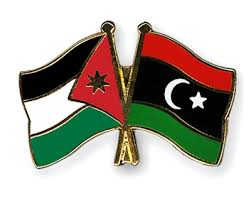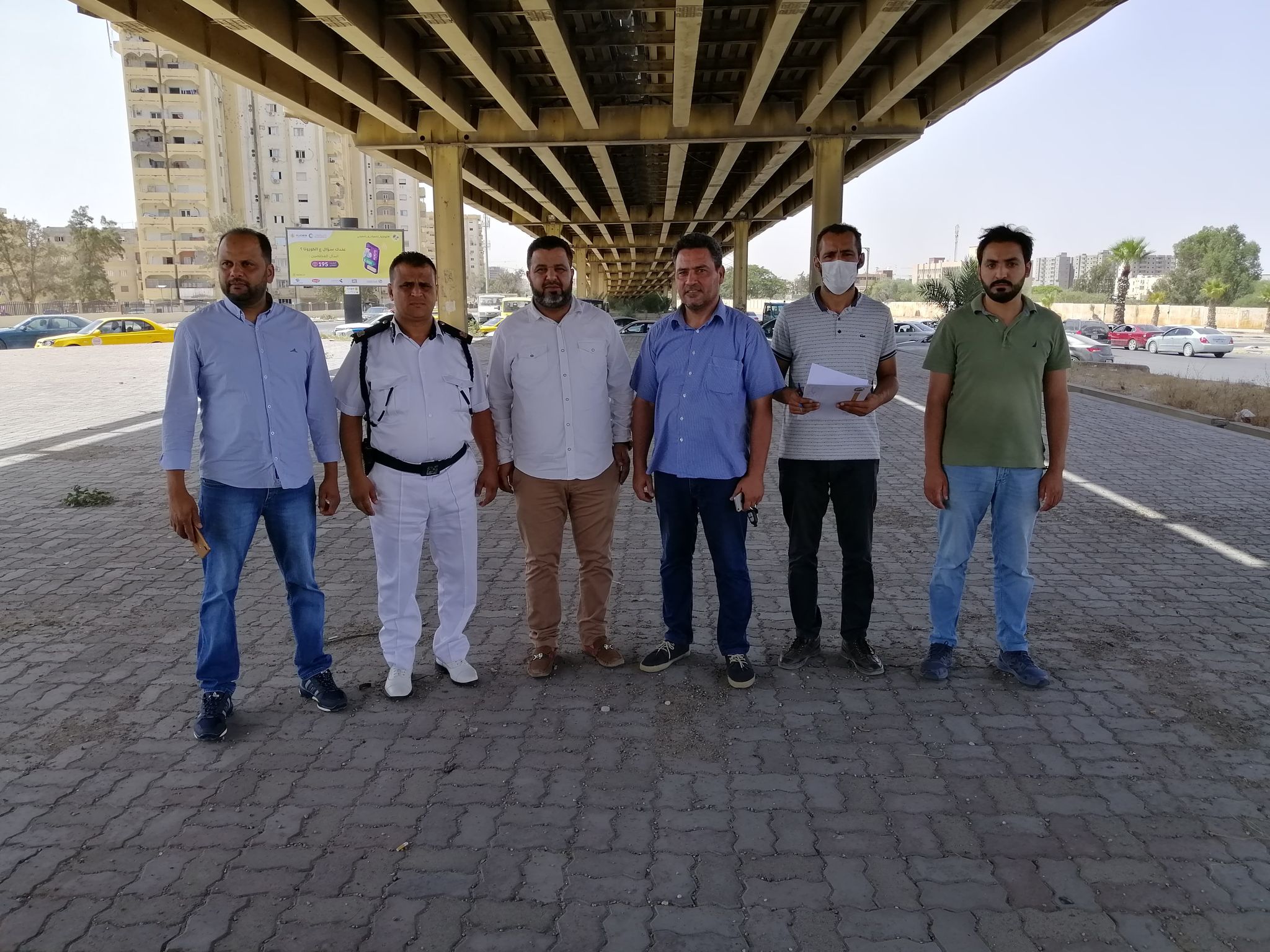By Sami Zaptia.

London, 4 September 2020:
Libya’s state General Electricity Company of Libya (GECOL) announced another total electricity blackout for the country’s southern and central regions yesterday. It continues what has been a miserable summer for Libyans. GECOL promised to provide an explanation for them, but until earlier today, non was forthcoming.
The blackout continues the series of recent blackouts or near blackouts in the country. Despite GECOL claiming there is no blackout in western Libya, residents reported very long hours without power yesterday.
The blackout naturally affected mobile phone and internet masts as well as halting the flow of Man-Made River (MMR) water to coastal towns. The MMR posted another apology for the water cut which it admitted will mean no water for some parts of Libya and the Tripoli until power supply is restored. It had only started to pump water a few days ago after the last extended power cut.
Libya’s internationally recognized and backed Prime Minister had replaced GECOL’s board a month ago but said in a recent speech that he had no magic wand for Libya’s acute power cuts. He promised the problem would be fixed in four months.
Meanwhile, five Tripoli Municipalities have called on the government to provide urgent emergency power stations to cover the electricity generation deficit.
The call came in a joint letter, dated 1 September and published on 2 September, after residents of the capital could no longer bear the inequitable sharing of what little electricity is being generated by GECOL.
Power is supposed to be shared in a merry-go-round system to all regions of Tripoli and all cities of western Libya. However, local militias are coercing GECOL into directing power generated by power stations in their regions for longer periods – at the expense of other regions – to their areas. This has led to the five Tripoli Municipalities insisting that power stations (mobile or fixed) be installed within their geographical boundaries.
https://www.libyaherald.com/2020/09/03/five-tripoli-municipalities-demand-supply-of-urgent-power-stations/










